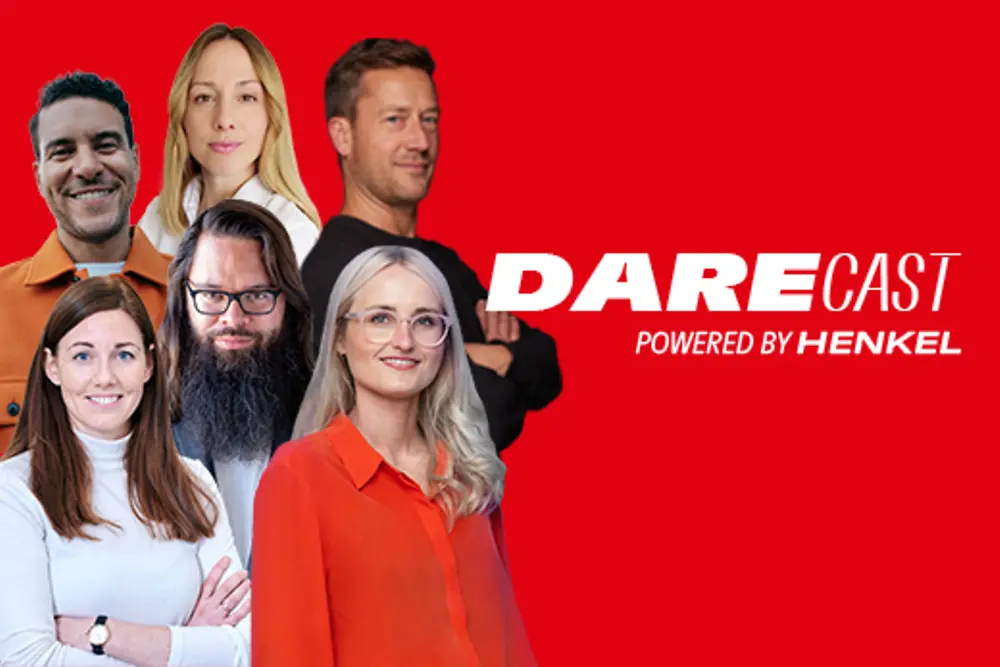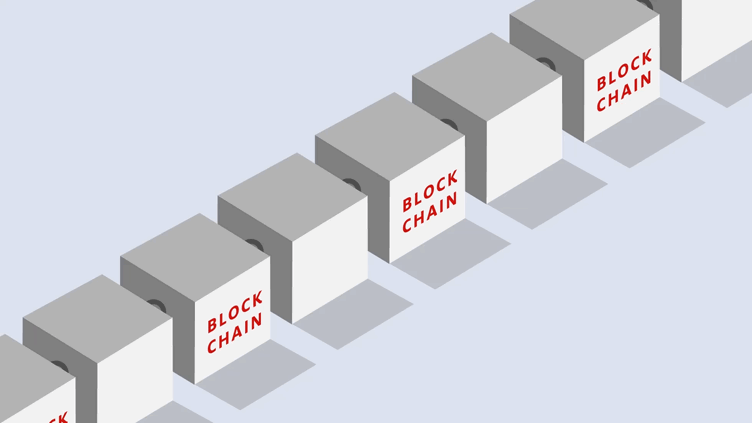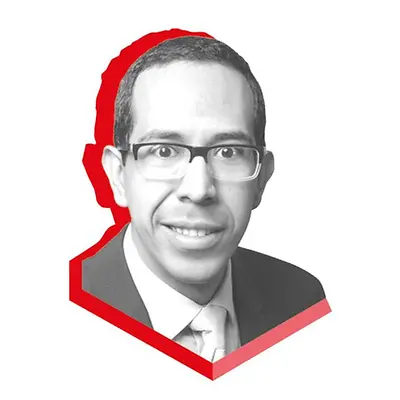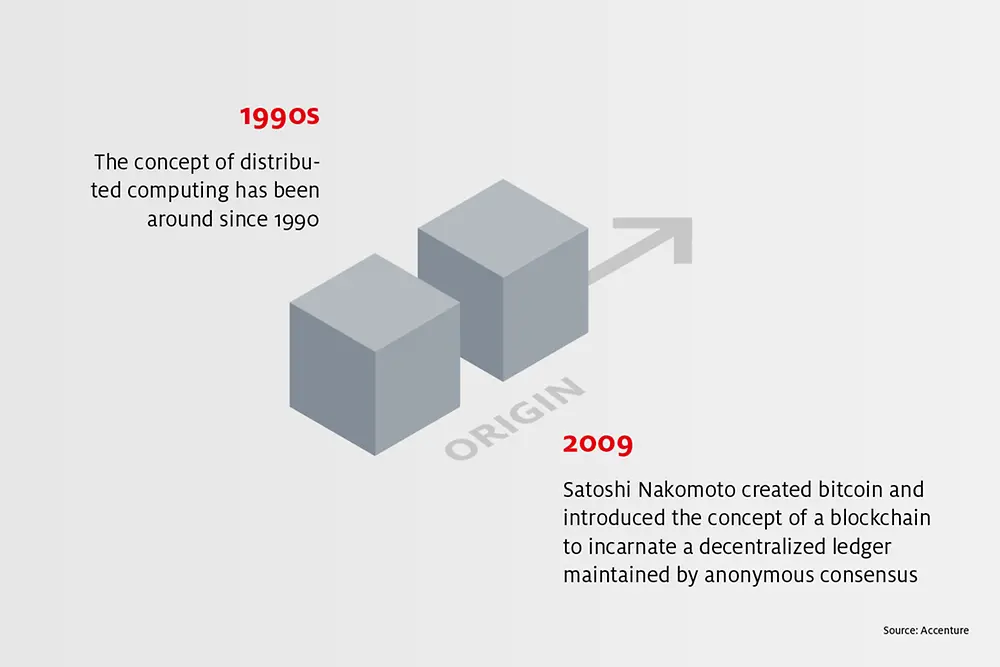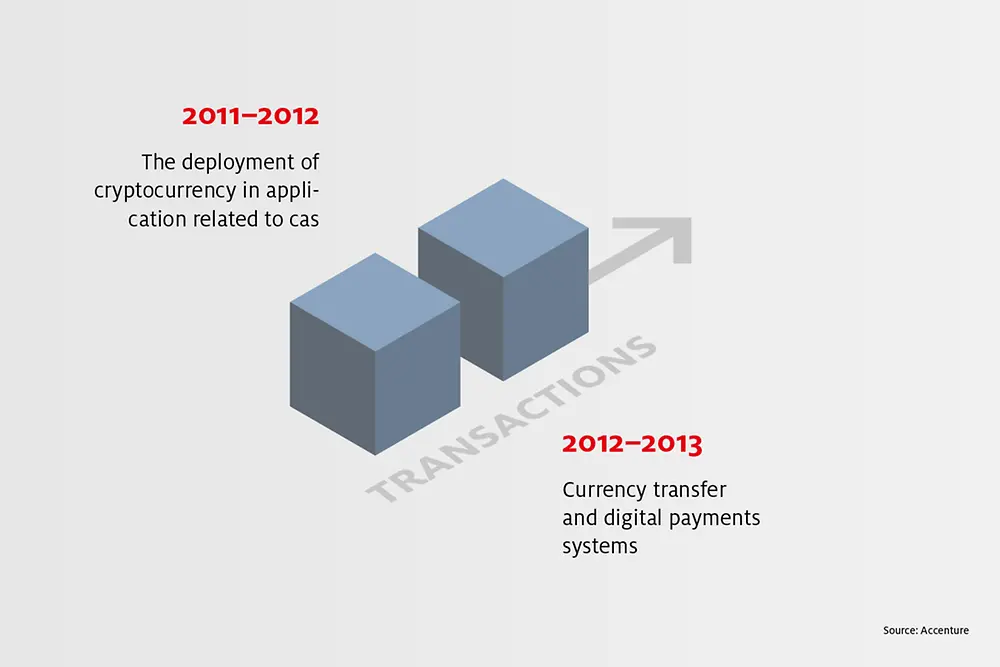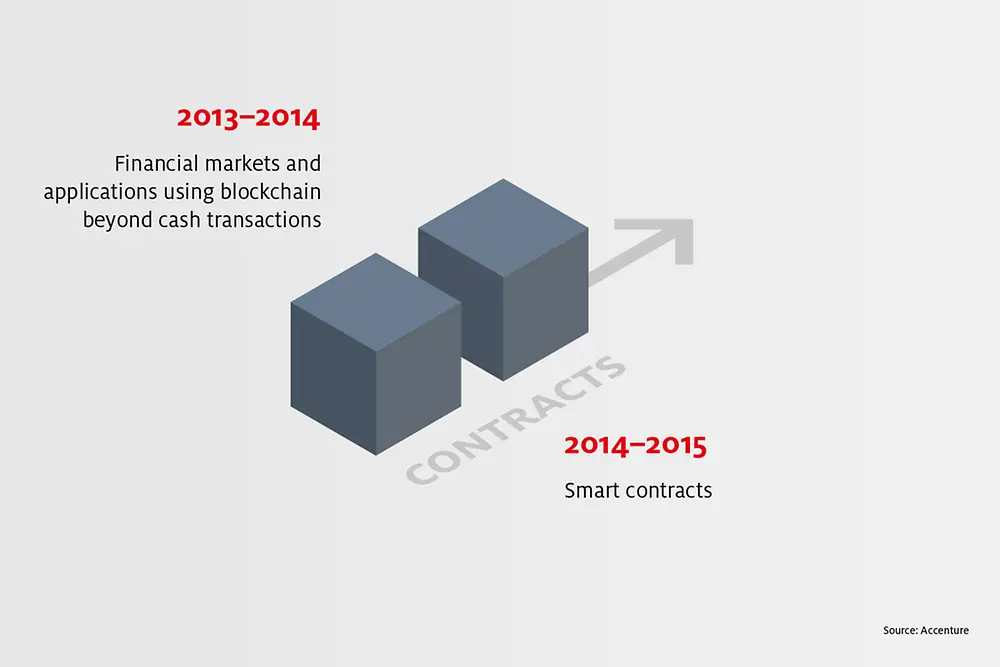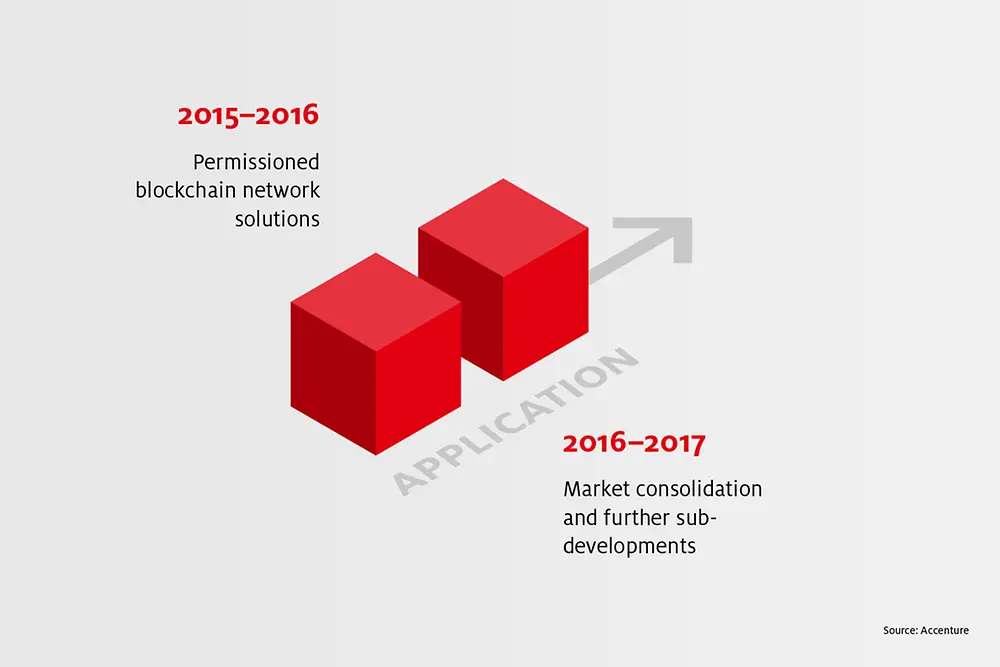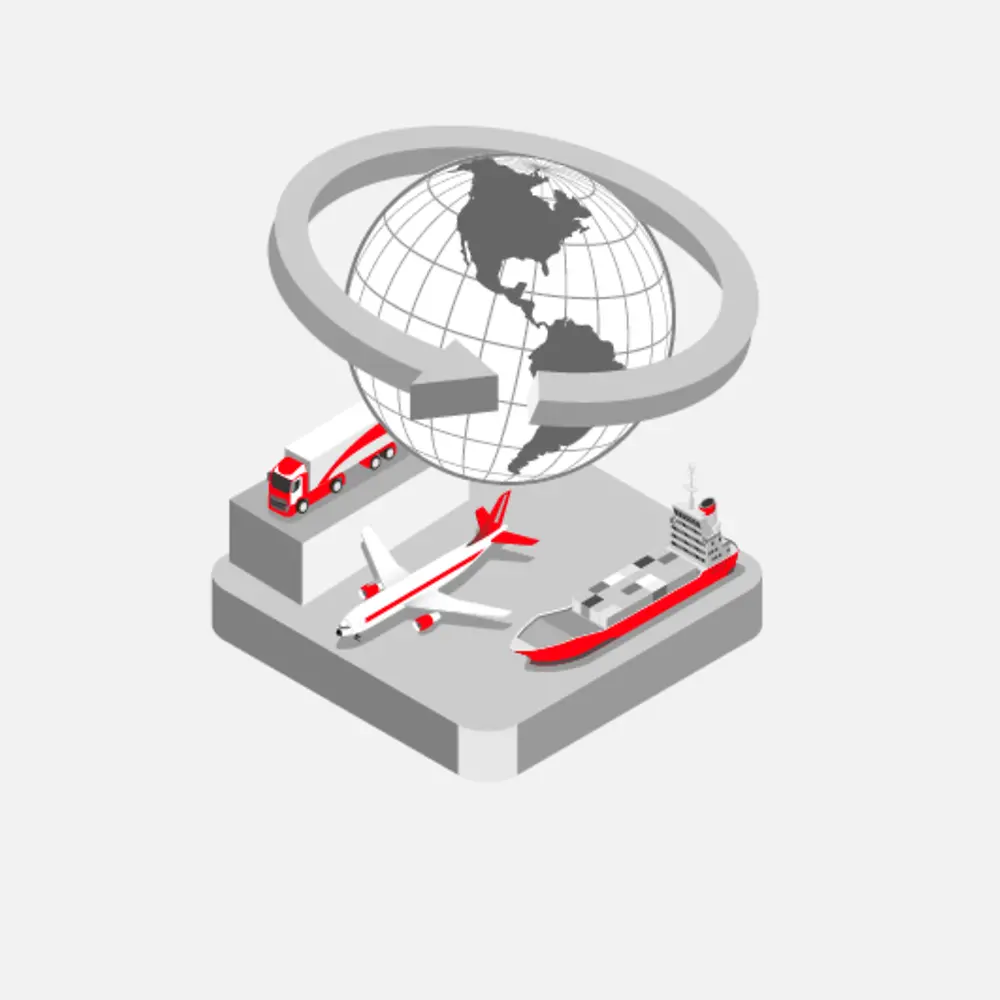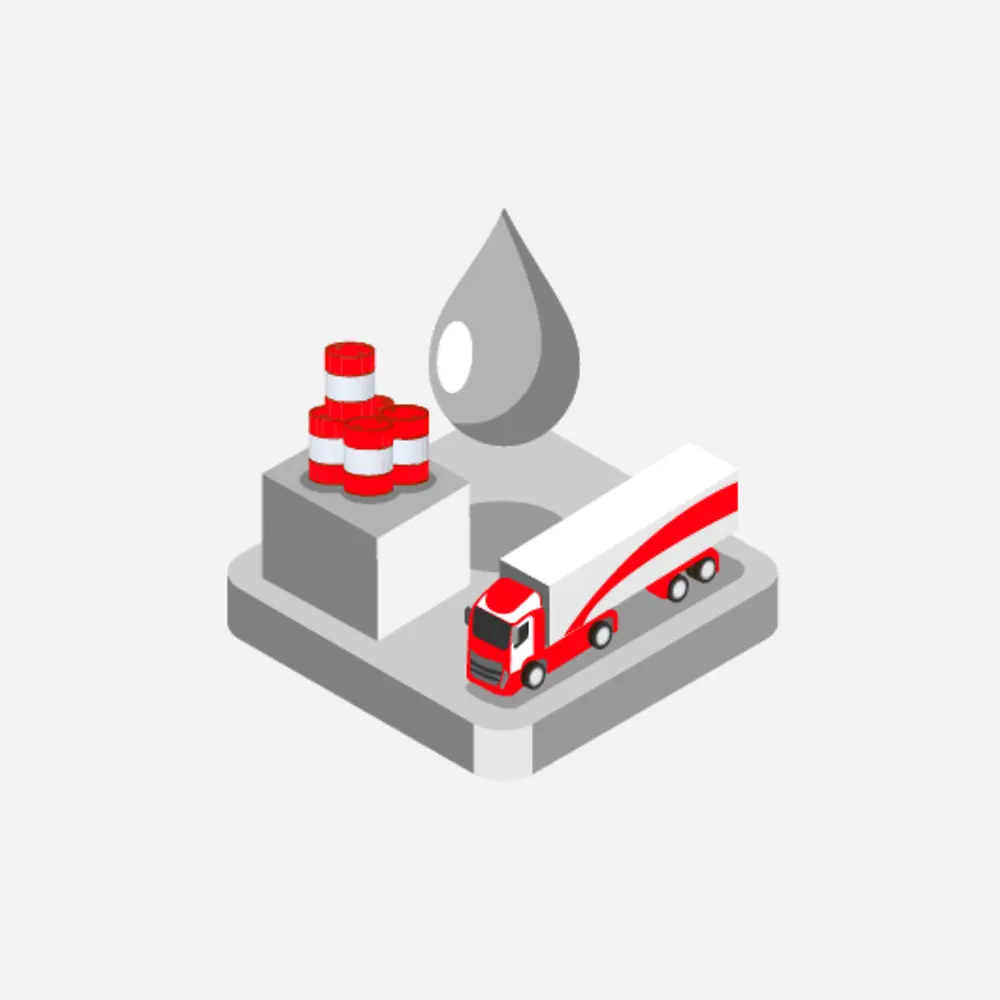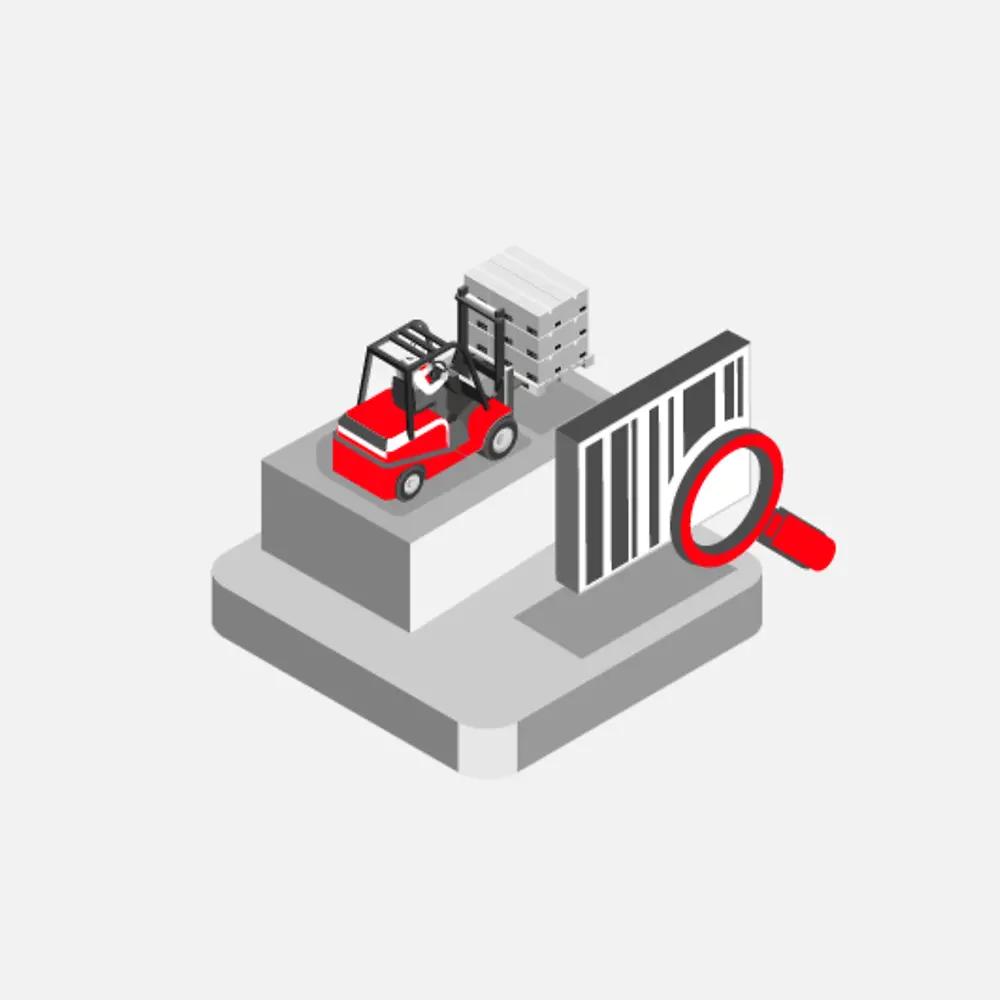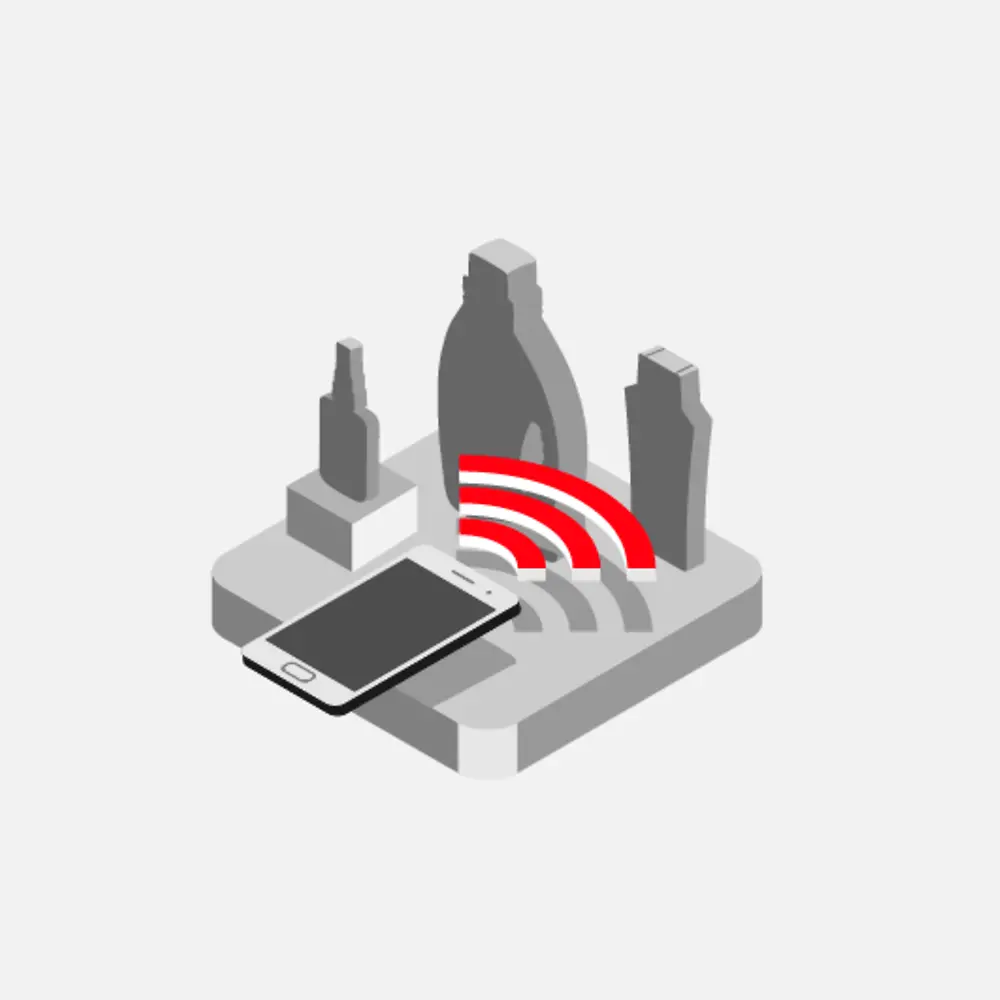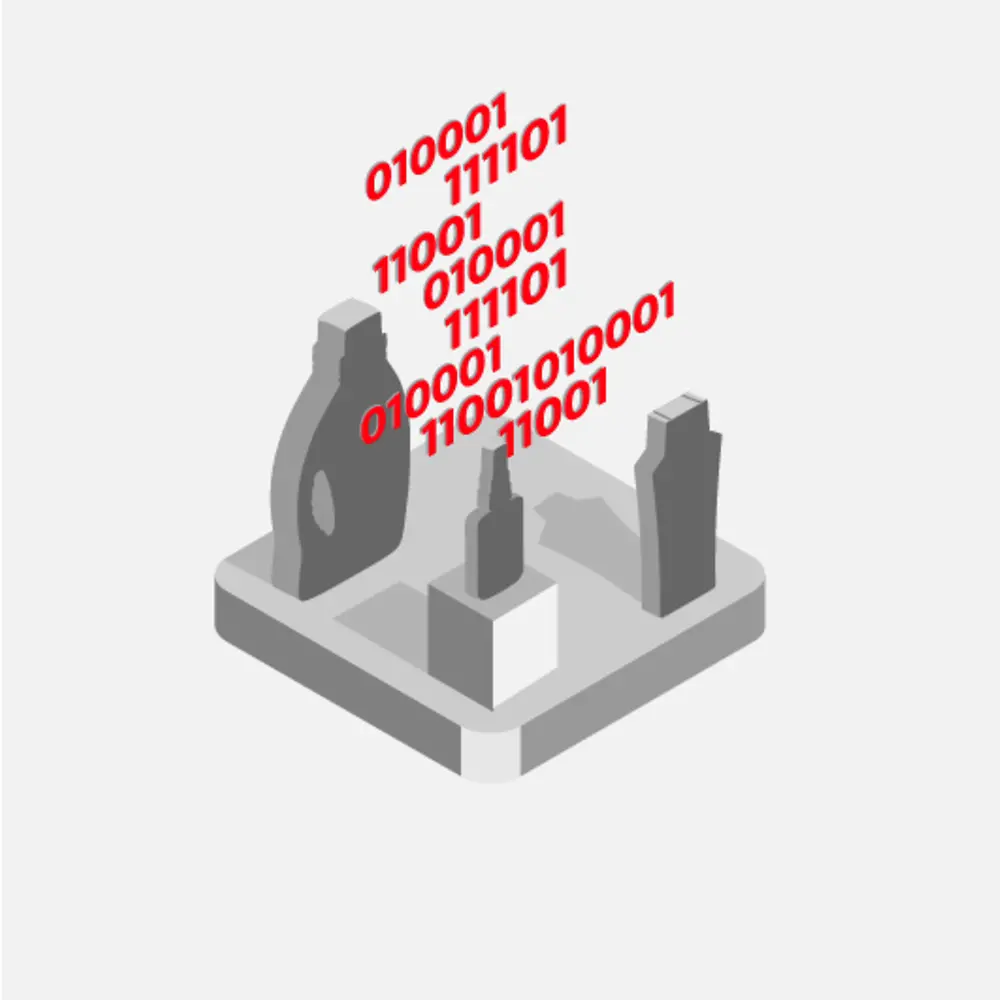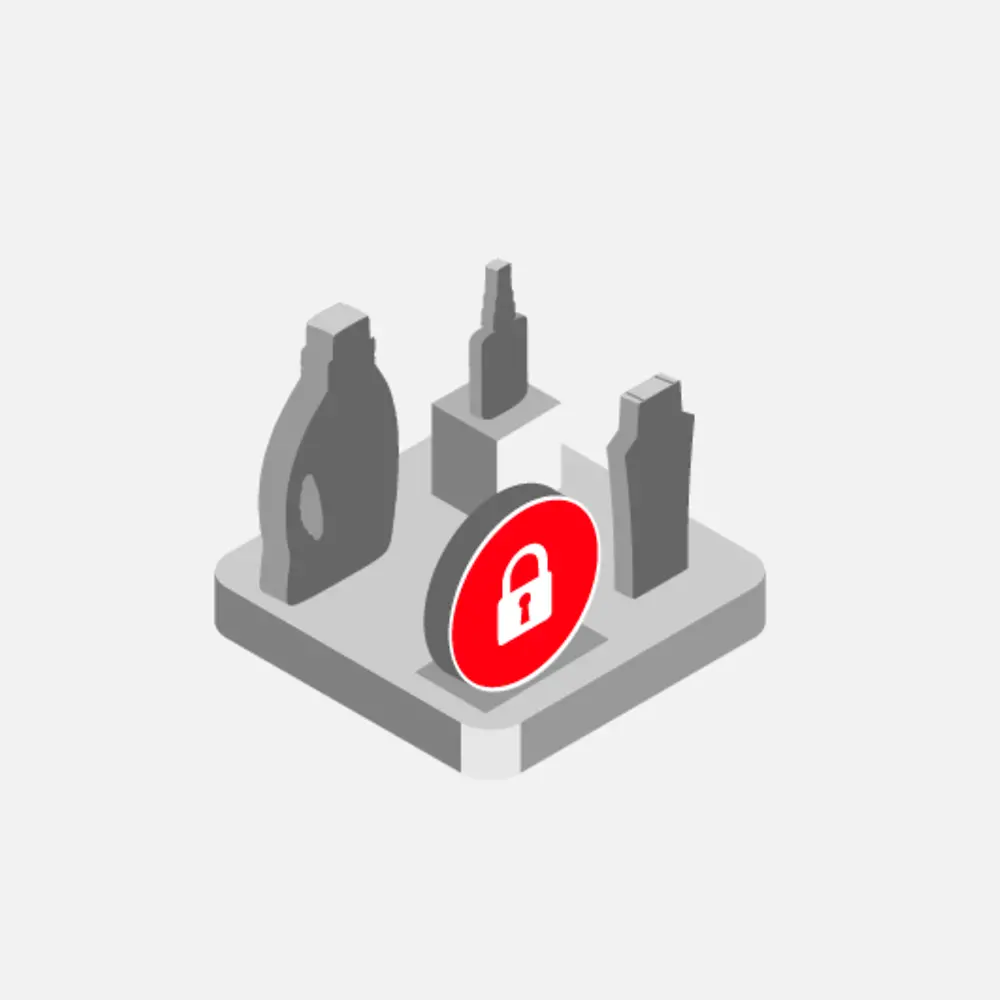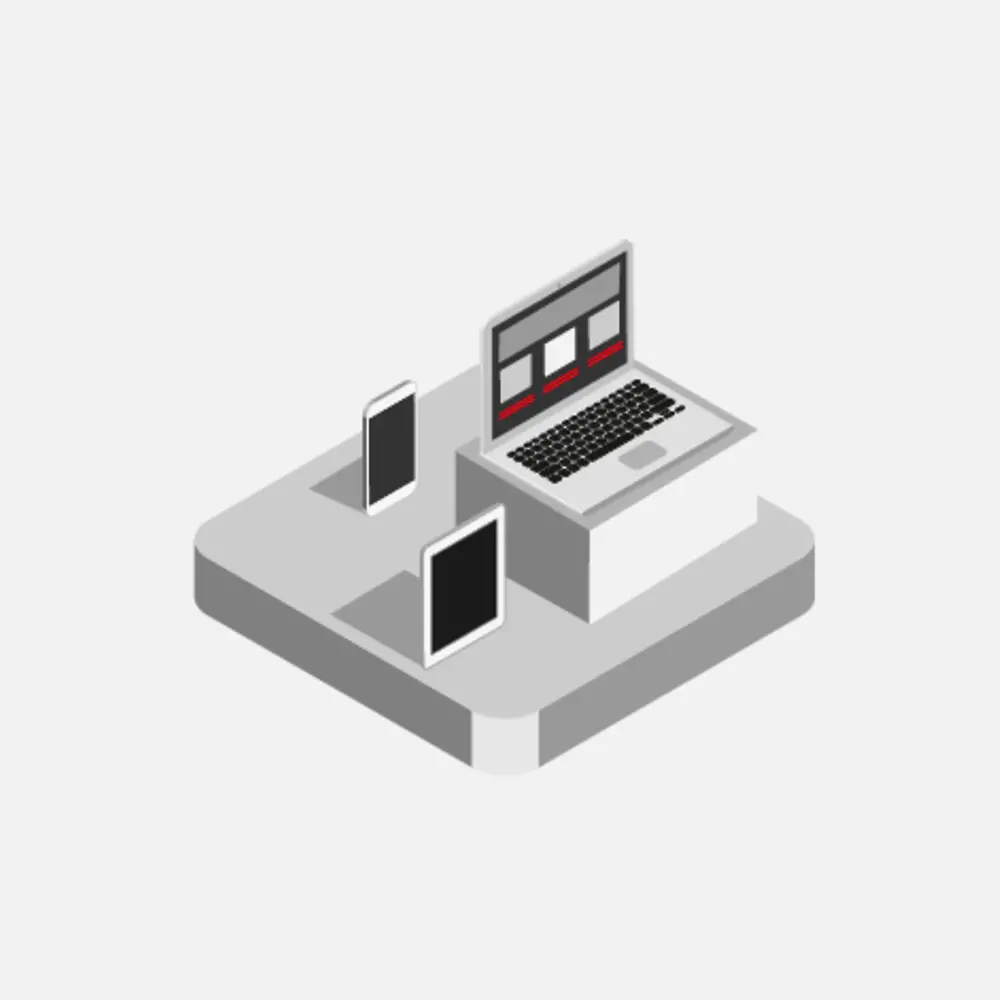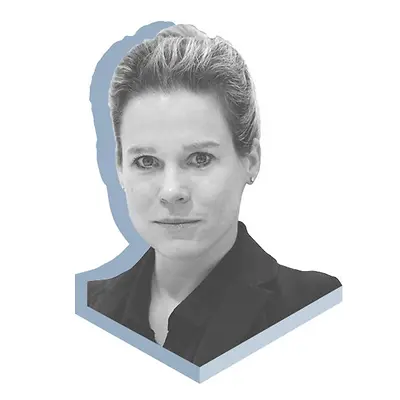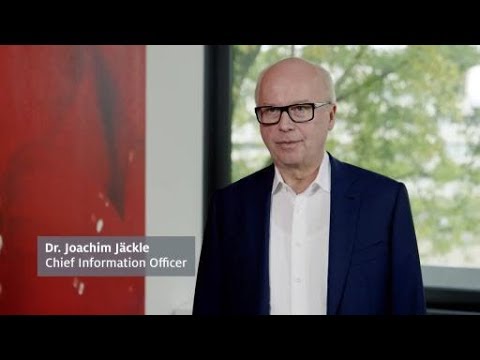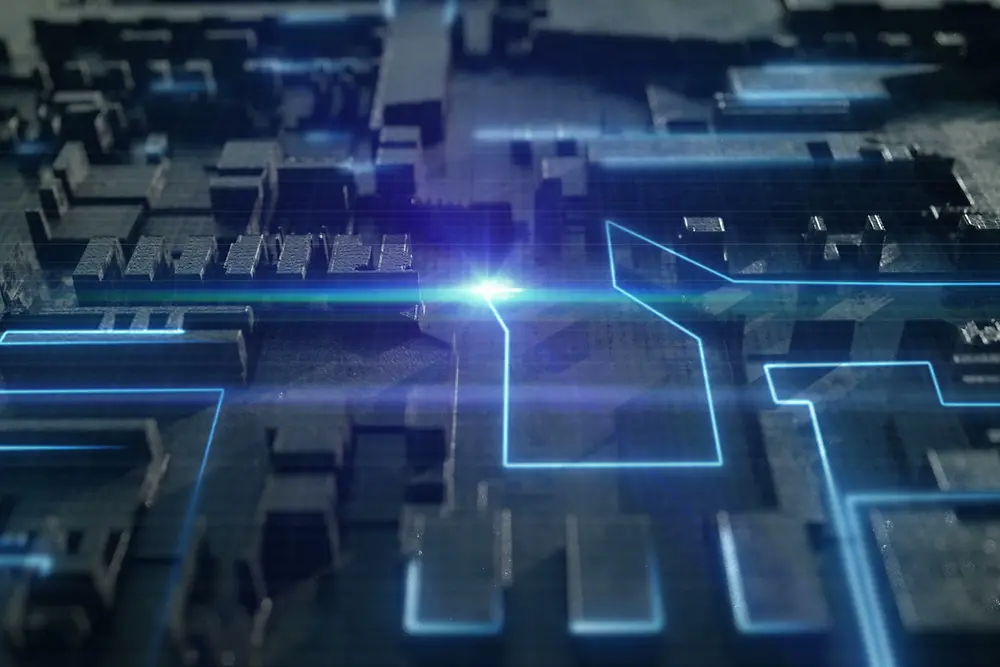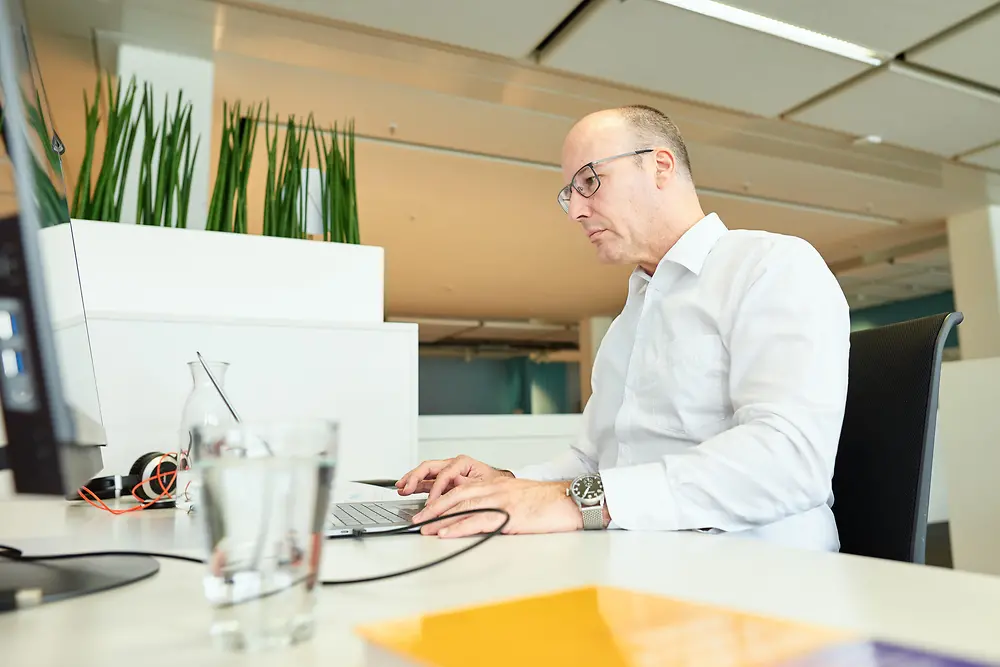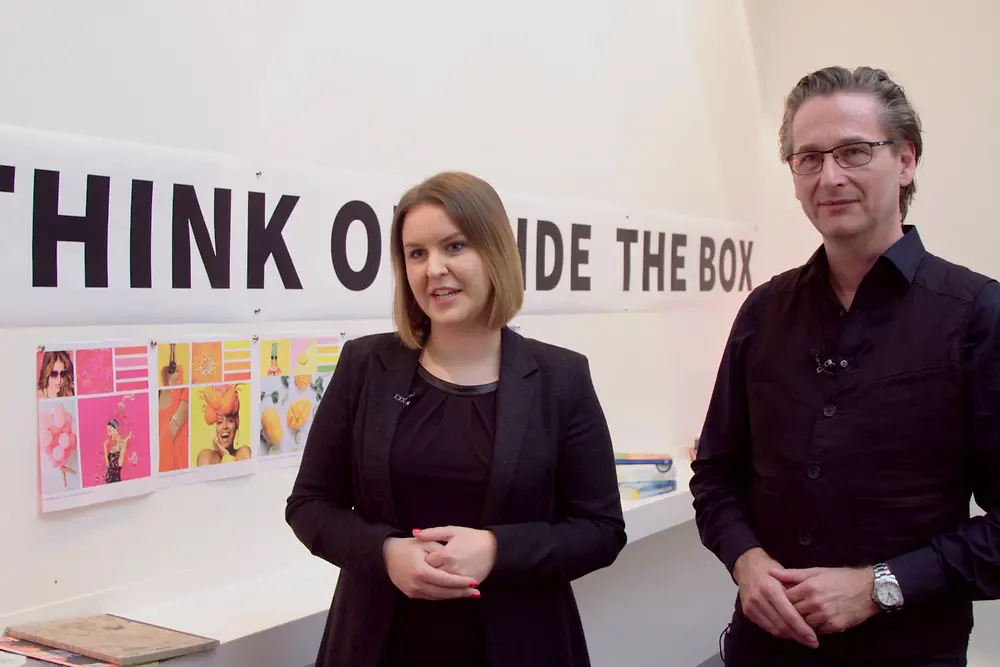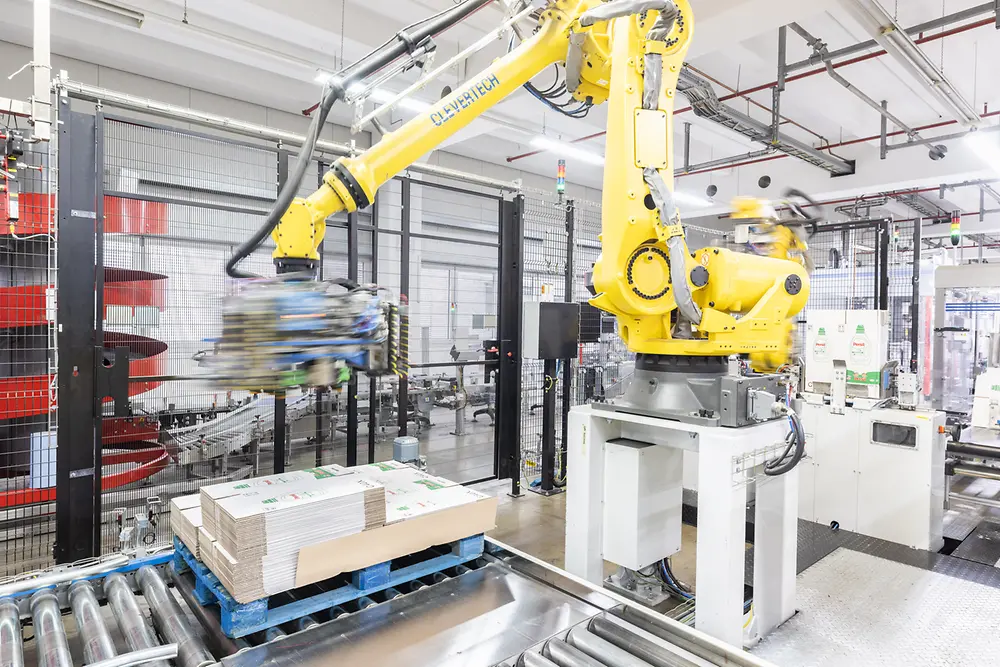Blockchain technology is already being celebrated as the technology of the future. But how exactly does it work? Blockchain allows digital transactions decentralized protection and full traceability. Banks were the first to be affected, as this process rendered their services threatened. However, the blockchain’s “three Ts” – Trust, Traceability and Tamperproof – can also simplify processes, increase transparency and foster innovation in many other areas.
Finding applications for the blockchain technology
Henkel wants to take advantage of this, too, and is actively exploring the possibilities of blockchain technology. For this purpose, a team was created and tasked with driving the company-wide search for potential blockchain use cases. Colleagues from many different offices around the world are involved. “Our team is on the constant lookout for trends that we can use for our business,” said Quijano, adding that the quest to find applications for an innovative technology like blockchain comes with challenges of its own. “We can’t just take advantage of other companies’ successful experiences and apply them to our business.” Almost all organizations are still at the beginning of their journey with blockchain. There are scarcely any projects that have already been implemented extensively enough to serve as a blueprint for other market players.
The blockchain community: Cooperation and communication
This is why Quijano’s team is taking the opposite route: “We talk to different stakeholders from all areas of the company about their processes and the challenges they face – and then think about where blockchain could be a good solution,” he explained. Their focus in this process is on people who are close to the end customer or key business partners. In interviews or so-called “discovery workshops,” they identify initial ideas and at times develop a “paper prototype” that describes the relevant potential application. “Sometimes people tell us about very practical challenges – but most of the time, we have to throw around some ideas to get the ball rolling,” said Quijano. He believes that to find a solution to a problem, you first need to realize that you have a problem. This is why cooperation and communication are at the heart of the search for new applications, which also takes place via the company’s internal social network, Yammer. In the platform’s steadily growing blockchain community, colleagues regularly share the latest developments and news.
Thanks to this process, the team was already able to identify lots of possible applications for blockchain within the company last year.
How the blockchain revolution can transform our business



